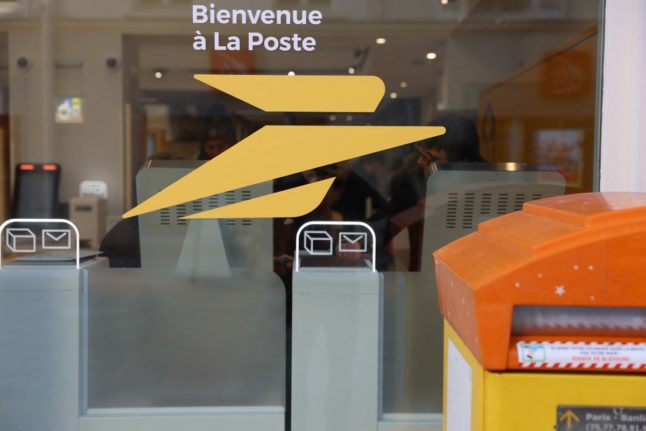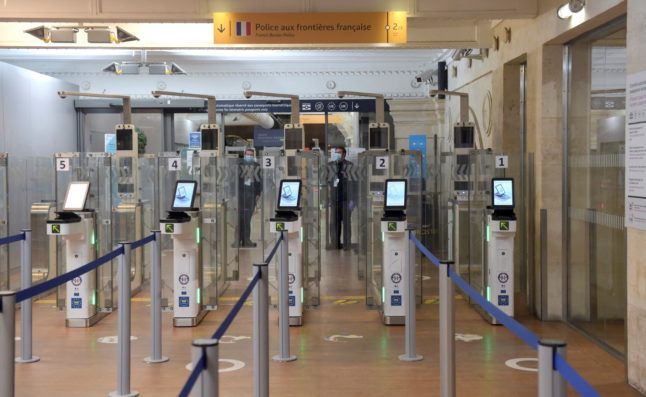“I think food deliveries will be the top activity for postal workers” by 2035, said Philippe Wahl, the head of La Poste.
In many village post offices, less than five customers turn up a day, Wahl told the upper-house Senate.
READ MORE: 14 things you can do at a French post office (apart from post letters)
As for letter and parcel deliveries, they are projected to have dropped from 70 percent of business in 1990 to just 15 percent by the end of 2024.
The post office however carries out 10 percent of food deliveries nationwide.
Working with community centres, hospitals and caterers, its drivers bring mostly elderly people more than 15,000 meals per day, Wahl said.
Increase this and you might keep France’s 65,000 postmen and women employed “even when there are no more letters”, he added.
La Poste delivered 5 million meals last year and hopes to double that figure for 2024, he said.
It is only the latest idea as the French post office seeks to move with the times.
In January it started testing changing rooms in several branches to cater to online shoppers who want to quickly return purchases that don’t fit.



 Please whitelist us to continue reading.
Please whitelist us to continue reading.
Member comments